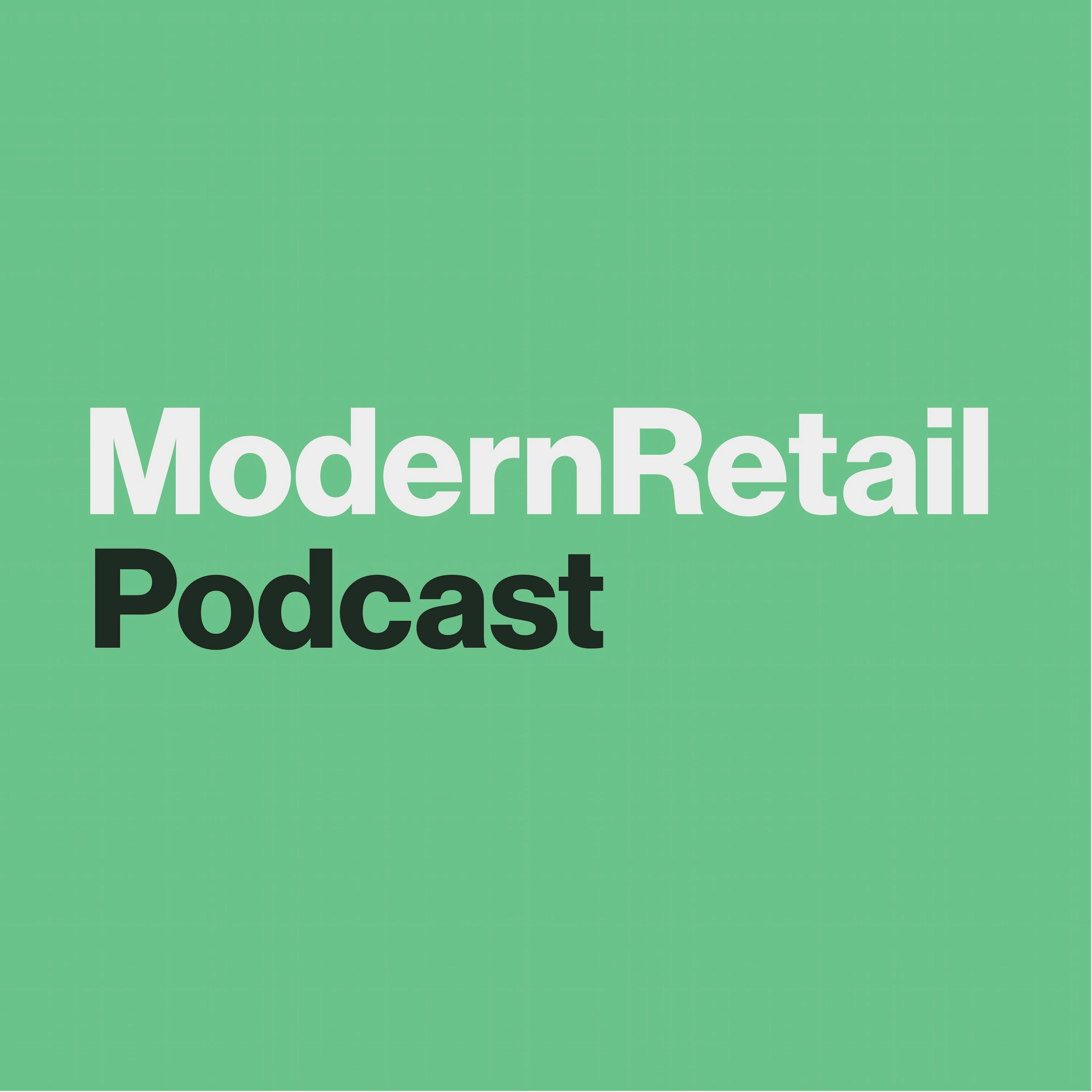We can't find the internet
Attempting to reconnect
Something went wrong!
Attempting to reconnect
'Working hard to grow sustainably': Counter Culture's Brett Smith on the changing coffee landscape

Access AI content by logging in
The coffee business changed overnight when the pandemic first hit, and Counter Culture Coffee has been rolling with the punches.
This week on the Modern Retail Podcast, Counter Culture founder and president Brett Smith spoke about where the industry is going and how his company has evolved over more than two decades.
Counter Culture, which first launched in 1994, was one of the first roasters to focus on direct trade, meaning it took great pride in working directly with coffee growers and suppliers. "What we felt was important was to go down that supply chain and really understand the source, the farmers," Smith said. "Because we felt like there was an opportunity to, in essence, have a conversation with the suppliers."
At the time, roasters directly sourcing from growers and including them in their consumer-facing marketing was unheard of. But it's now become commonplace, and Counter Culture was one of the early businesses doing such practices.
According to Smith, the fact that coffee companies like Counter Culture have become known for their ethical sourcing is a nice after-effect. he didn't intend for it to be such a big marketing hook. "The litmus test is are we going to do this if no one knows about it, will we still do it?" he said.
Now, the market has changed. It's table stakes for most higher-end coffee roasters to tout their direct supply chain relations. What's more, the way people buy coffee has changed. Counter Culture first grew by partnering with restaurants. Then, it expanded to coffee shops. And it evangelized its business via local training centers it opened around the country. Here, baristas can stop by to learn about the products, and even average customers can stop by to get a sense for what the business is about. Today, Counter Culture has over a dozen training centers in cities like New York, Los Angeles and Chicago.
When the pandemic hit, Counter Culture's wholesale business cratered by 90%, but its direct-to-consumer revenue soared. Now, things are leveling off. But Smith said that he is focused on new areas of growth -- including airports and grocery.
All of this means the company is still growing, but Smith is trying to figure out how to handle the growth sustainably. For example, he's expanding his facilities to better handle grocery and DTC orders -- which were straining the business due to their different packaging sizes.
"I think that the growth question is, ultimately, it comes down to working hard to grow sustainably. Would we all like to double every year? Yeah, in a certain way. But you got to understand what that means," he said. "You got to understand where is that going to create pressure? Where's that going to potentially compromise a long-term relationship?"
